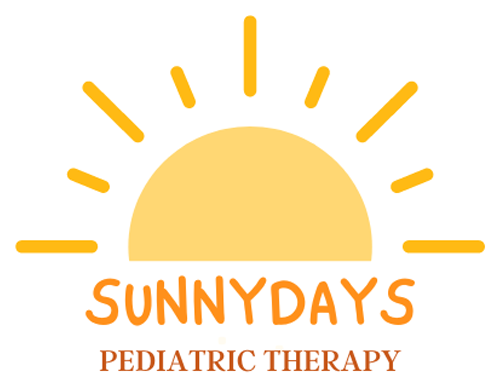Primitive reflexes are automatic, instinctual movements seen in infants, which can sometimes persist beyond their typical developmental timeline. This retention can be attributed to neurological damage or disruptions in the central nervous system. When a child experiences challenges in outgrowing these reflexes, it may lead to difficulties in developing coordinated and functional movements. Retained primitive reflexes may manifest as persistent patterns of movement that interfere with function and are one of the largest barriers to functional movement. For example, a retained STNR reflex makes it very challenging for a child to get into the hands and knees position to learn crawling.
REFLEX INTEGRATION
WHAT IS IT
Reflex Integration
HOW IT WORKS
Stimulate Neurological Pathways
Your skilled physical therapist or occupational therapist is committed to helping your child overcome challenges associated with retained primitive reflexes through the use of reflex integration techniques. By employing evidence-based interventions, we aim to facilitate the integration of these reflexes, so that they no longer hinder your child’s movement. Your therapist will utilize a variety of exercises and activities designed to stimulate the neurological pathways associated with reflex integration, and promote long lasting neuroplastic changes.
Benefits of Reflex Integration
- Improves sensory organization
- Improves functional upper and lower body mobility
- Direct improvement in impacted skills
- Improves weight bearing through arms and legs
- Facilitates emotional regulation
- Enhanced fine and gross motor skills
- Reduced sensory sensitivities

